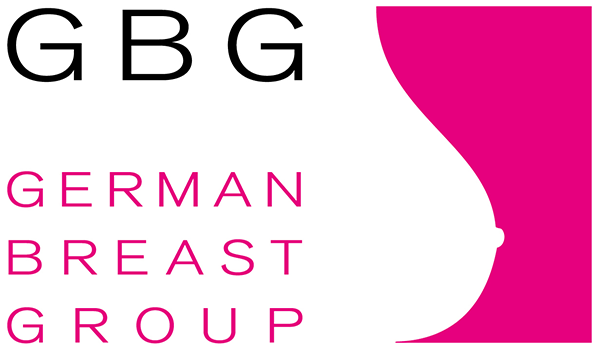In collaboration with the University Cancer Center Frankfurt-Marburg (UCT-FM), GBG Forschungs GmbH has published groundbreaking findings on the therapy of luminal breast cancer. In a recent publication in the journal Cancer Cell, it was shown that tumors change dynamically under neoadjuvant chemotherapy. These findings could form the basis for an improved classification and more targeted treatment of patients.
The researchers analyzed 1,454 tissue samples from over 500 patients in the phase 3 Penelope-B study. This showed that aggressive Luminal B tumors often transition into a less aggressive Luminal A form. To make treatment more effective, the scientists developed a new classification, known as adaptive clusters (AC subtypes). These subtypes help to better assess the risk of tumor regrowth and to adapt the therapy individually.
“Our research results lay the foundation for a more precise classification of breast cancer and could help to adapt treatment more specifically to the course of the disease,” explains Prof. Sibylle Loibl.
The results now need to be validated in further studies, but in the long term they could increase the effectiveness of therapy and avoid unnecessary side effects for patients.
Read the full article here
The publication in Cancer Cell can be found here
